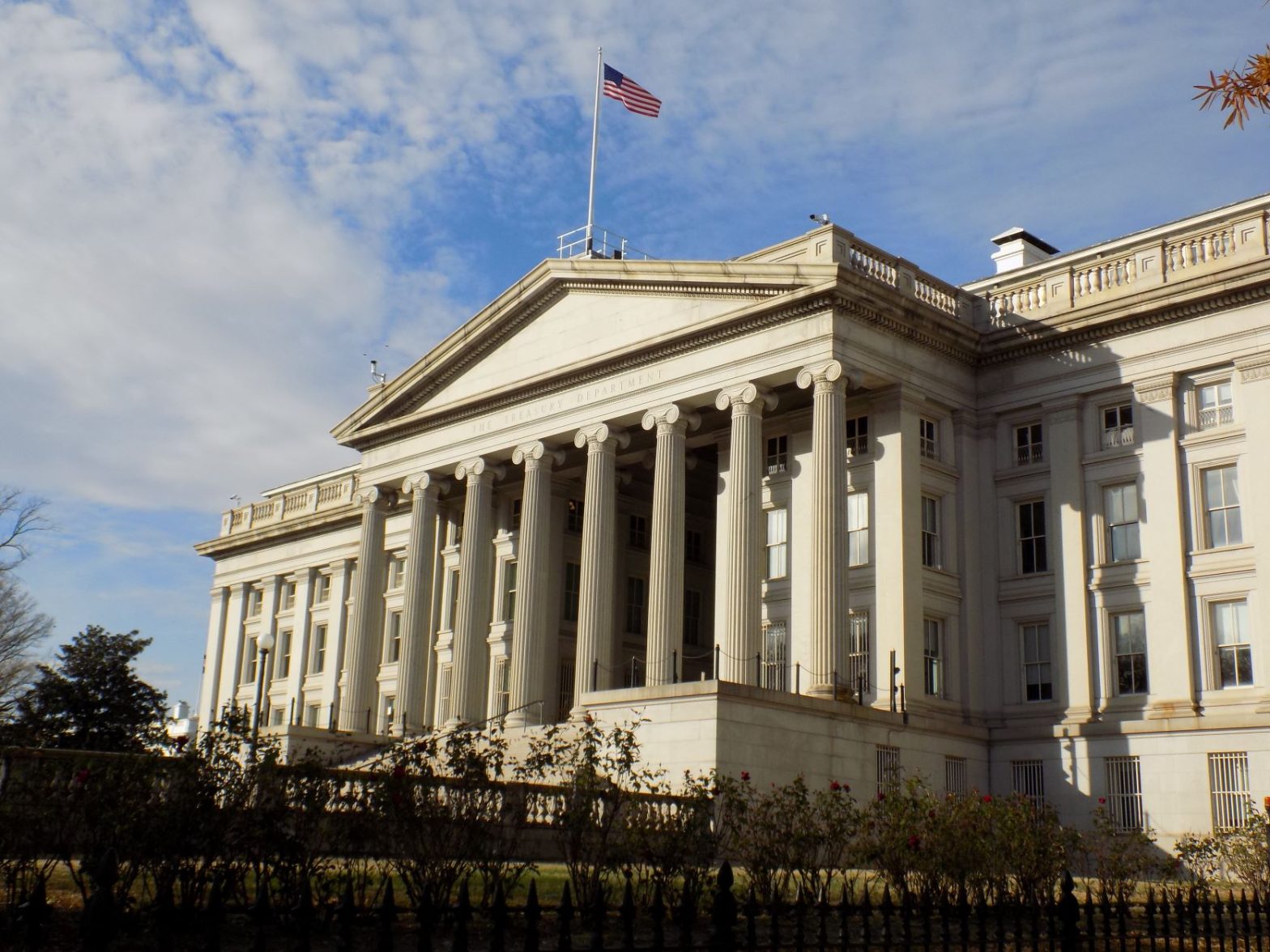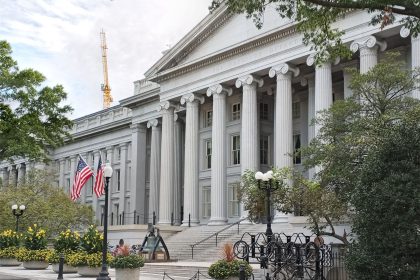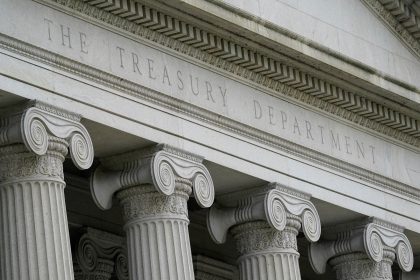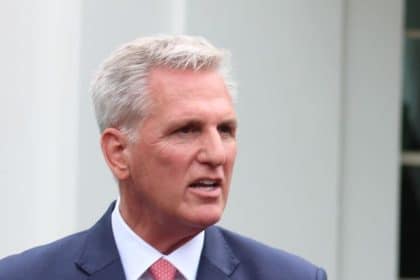Treasury Dept to Step Up Scrutiny of Money Laundering in Real Estate Market

WASHINGTON – The Treasury Department is seeking public comment on ways to reduce money laundering and other corruption in the real estate market, part of a larger effort by the Biden administration to curb illicit financial activity as the economy continues to recover from the coronavirus pandemic.
In a conference call with reporters on Sunday, senior administration officials said the Treasury Department and its Financial Crimes Enforcement Network will be paying particularly close attention to all-cash transactions in commercial and residential real estate.
Such transactions, the administration official said, are often conducted through shell companies and are used by bad actors to launder money.
“For too long, the U.S. real estate market has been susceptible to being manipulated and used as a haven for the laundered proceeds of illicit activity, including corruption,” one of the officials noted. “Our real estate market is a relatively stable store of value. It can be opaque, and there are gaps in industry regulation.”
As an example, he pointed to a scam carried out by corrupt officials and their associates in Malaysia that enabled them to embezzle more than $4.5 billion from an investment development fund.
“The perpetrators then used the embezzled funds for, among other things, purchases of luxury homes in Beverly Hills and New York through shell companies.
“Increasing transparency in the real estate sector will help curb the ability of corrupt officials and criminals to launder the proceeds of their illicit activities. And it will also strengthen both U.S. national security and help to protect the integrity of the U.S. financial system,” the official said.
The new initiative was proposed as a larger administration effort to root out the vulnerabilities in the economy that lead to financial improprieties.
The Treasury Department’s action coincides with the administration’s release on Monday of the first-ever “U.S. Government Strategy on Countering Corruption.”
The strategy places particular emphasis on better understanding and responding to the transnational dimensions of corruption, including by taking meaningful steps to reduce the ability of corrupt actors to use the U.S. and international financial systems to launder the proceeds of their acts, the administration officials said.
To guide implementation, the strategy will organize U.S. government efforts to fight corruption under five mutually reinforcing pillars. Those are:
- Modernizing, coordinating and resourcing U.S. government efforts to fight corruption.
- Curbing illicit finance.
- Holding corrupt actors accountable.
- Preserving and strengthening the multilateral anti-corruption architecture.
- Improving diplomatic engagement and leveraging foreign assistance resources to achieve anti-corruption policy goals.
President Biden first took aim at this phenomena when he released a memorandum called “On the Fight Against Corruption” in early June.
Since then, he has continued to elevate anti-corruption efforts as a focus area through both bilateral engagements and multilateral fora, including at the G7 and G20 meetings.
In addition to the Treasury, a number of federal departments and agencies have been conducting a 200-day review to identify how the U.S. government can amplify and expand its ongoing efforts to prevent corruption and hold corrupt actors accountable.
“The strategy commits to deepening coordination with foreign partner governments to strengthen their ability to pursue accountability for corruption where there is political will, while also deepening support to activists and investigative journalists on the frontlines of exposing corrupt acts,” the senior administration said.
In addition, the strategy will include major new investments in anti-corruption programming, including a global accountability program, to enhance the government’s rapid response capabilities to financial malfeasance.
As for the request for comment, a senior administration official said “we’re basically asking for public input on which types of real estate purchases should be covered in any future regulation, what information should be reported and retained, the geographic scope of such a requirement, the appropriate reporting dollar-value threshold and the key players who should be subject to the reporting and recordkeeping requirements.”
“Getting that type of input from stakeholders will allow FinCEN to propose regulations that will obtain information needed to support law enforcement and national security agencies in their efforts to target corrupt officials and criminals that exploit our real estate market,” he continued, adding, “at the same time, the input we get will help us minimize the burdens of those regulations on the real estate industry.”
Dan can be reached at [email protected] and at https://twitter.com/DanMcCue
























